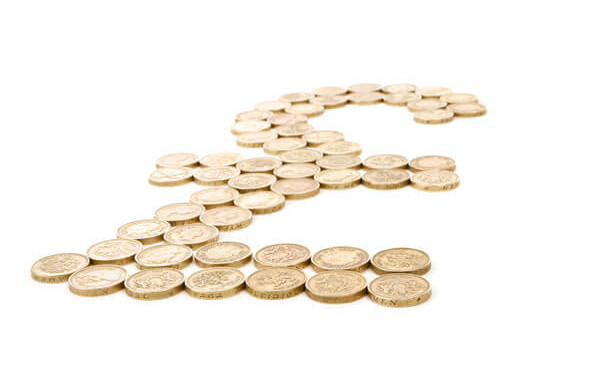
Change to Personal Savings Allowance
A new nil rate of tax for savings income (eg interest) applies to individuals from 6 April 2016. Each individual now has an annual savings allowance of £1,000, unless they have any higher‐rate income for the year (in which case their allowance will be £500) or any additional‐rate income (in which case their allowance will be nil).
In addition the requirement upon banks and building societies to deduct income tax from the interest they pay on savings has been removed in respect of interest credited on or after 6 April 2016.
Don’t spend it all at once!
These new rules should bring about a small reduction in the tax liability of taxpayers who have small amounts of investment income.
Concerns have been expressed by the Low Incomes Tax Reform Group, (LITRG), and the Chartered Institute of Taxation, that these new rules bring added complexity to the tax system and that taxpayers will have difficulty understanding the new tax-free savings allowance.
The LITRG believes that the changes simplify the tax position for individuals with modest savings income, but how the savings allowance interacts with other rates and allowances is complex.
I am a basic rate taxpayer – how much can I earn tax free from savings income?
Basic rate taxpayers are able to earn up to £1,000 tax-free from savings income or interest, while higher rate taxpayers can earn up to £500.
Despite its name, savings interest still counts as income, albeit taxed at 0% up to the amount of allowance, when calculating how much of the basic rate band is available, (the same principle applies to the £5,000 dividend allowance).
Individuals should keep an eye on the level of their savings income to ensure they do not stray into a higher taxable band.
Contact us
Contact Nigel Atkinson, nigel.atkinson@hghyork.co.uk , Paul Morris paul.morris@hghyork.co.uk or Robert Salenius robert.salenius@hghyork.co.uk or call 01904 655202 to find out more about the personal savings allowance.







